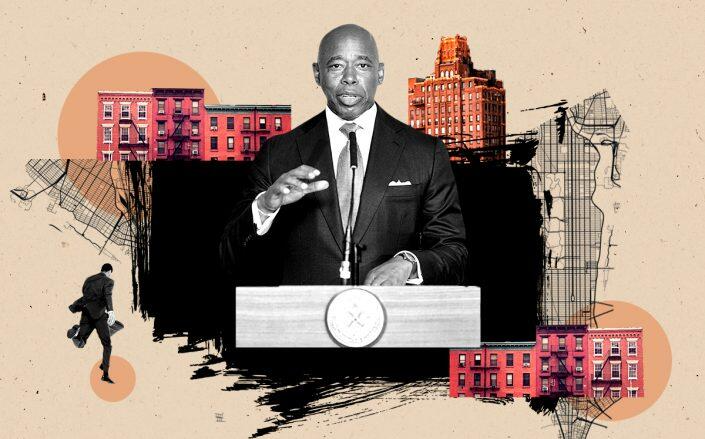
Hamptons, North Fork markets fall back to Earth
The residential real estate markets in the Hamptons and North Fork are cooling after record activity during the height of the pandemic. New signed contracts for single-family homes in the Hamptons in February were down 45.5 percent year-over-year, while new listings held steady, declining by just 1

House prices are going up. Here’s when you should increase your budget, and when to stick to your original price
Prior to the pandemic’s red-hot housing market, there was a simple profile that constituted an “A” buyer, according to Brian Copeland, a realtor in Nashville, Tennessee. “Four years ago, an ‘A’ buyer was someone who was pre-qualified for a loan, had 3% down and could go out this weekend and buy a ho

Russia’s war stalls US real estate deals
Long before Russia invaded Ukraine, supply chain challenges were driving up construction costs and inflation concerns were setting the stage for higher mortgage rates.Now, just as recovery from the pandemic seemed within reach, Vladimir Putin's war has the U.S. real estate industry bracing for its i
Categories
Recent Posts









